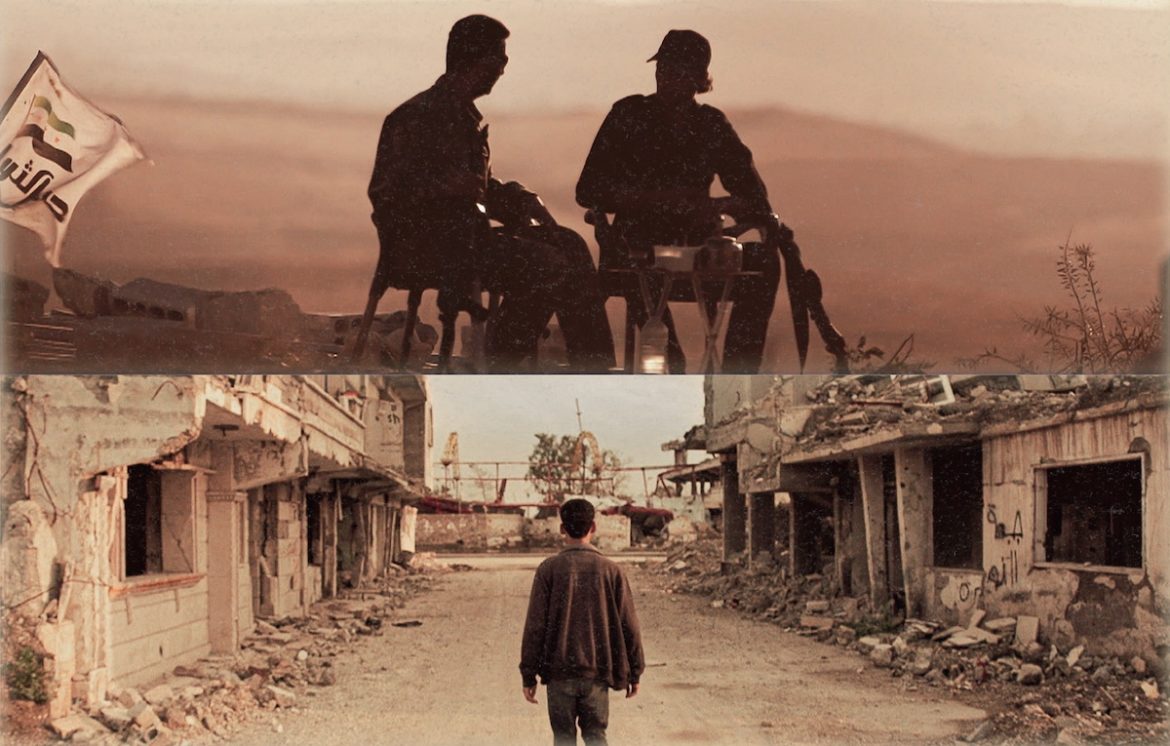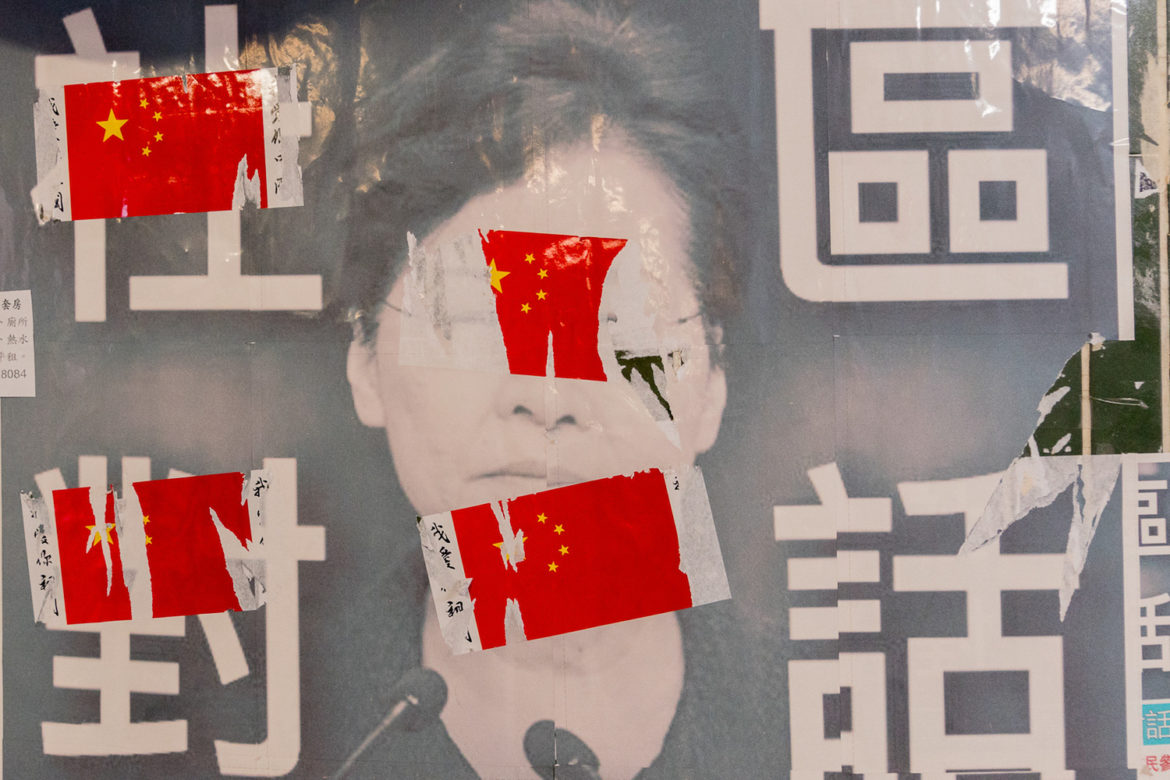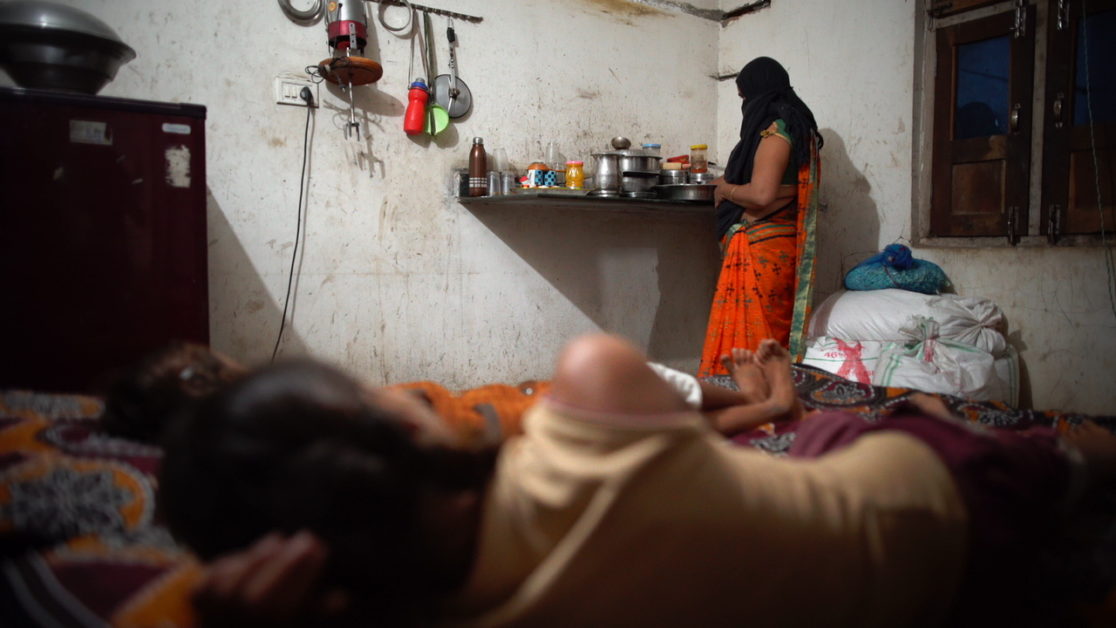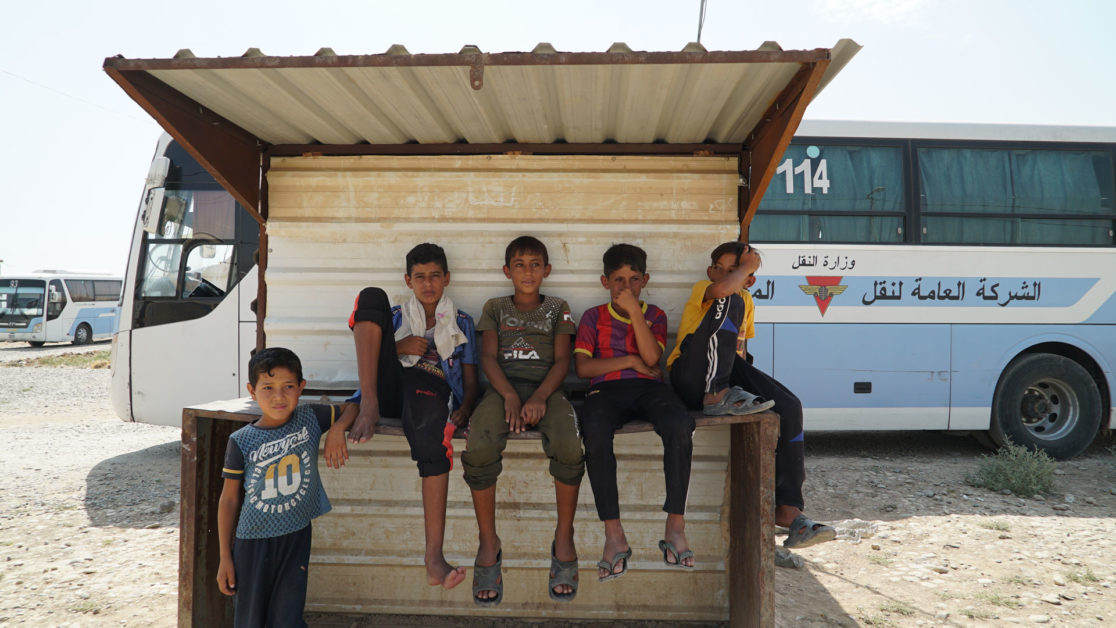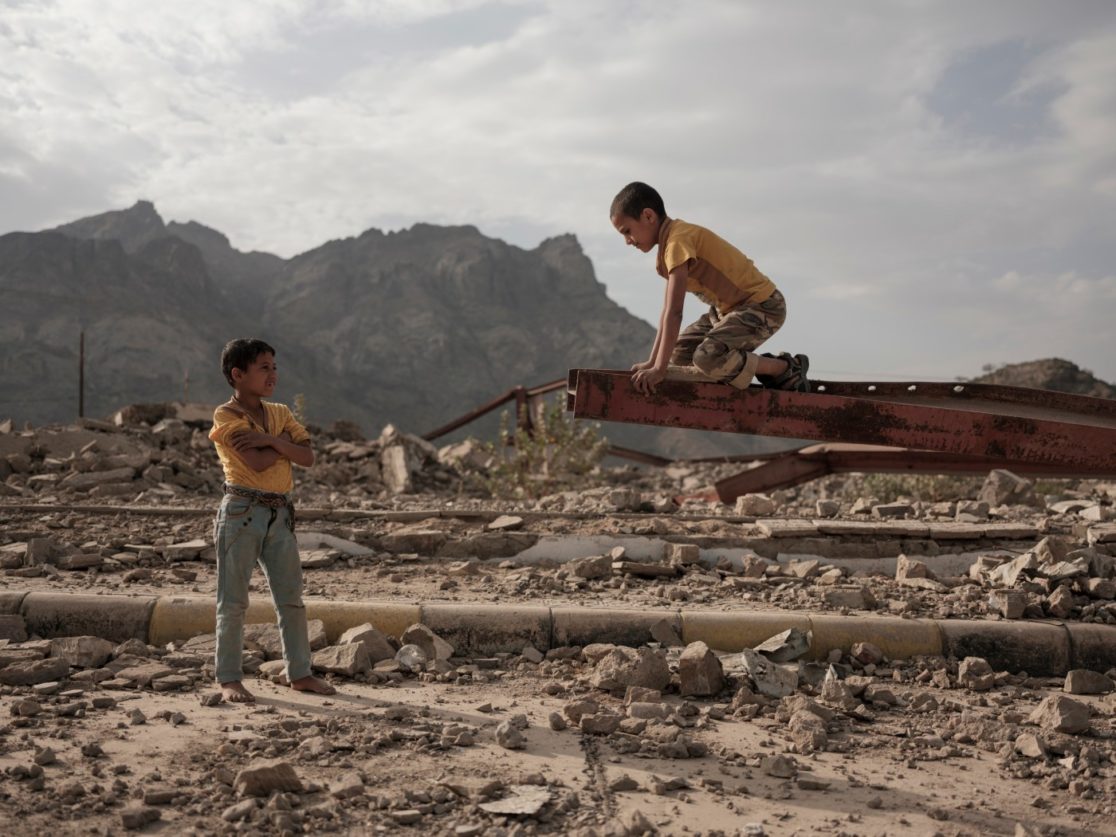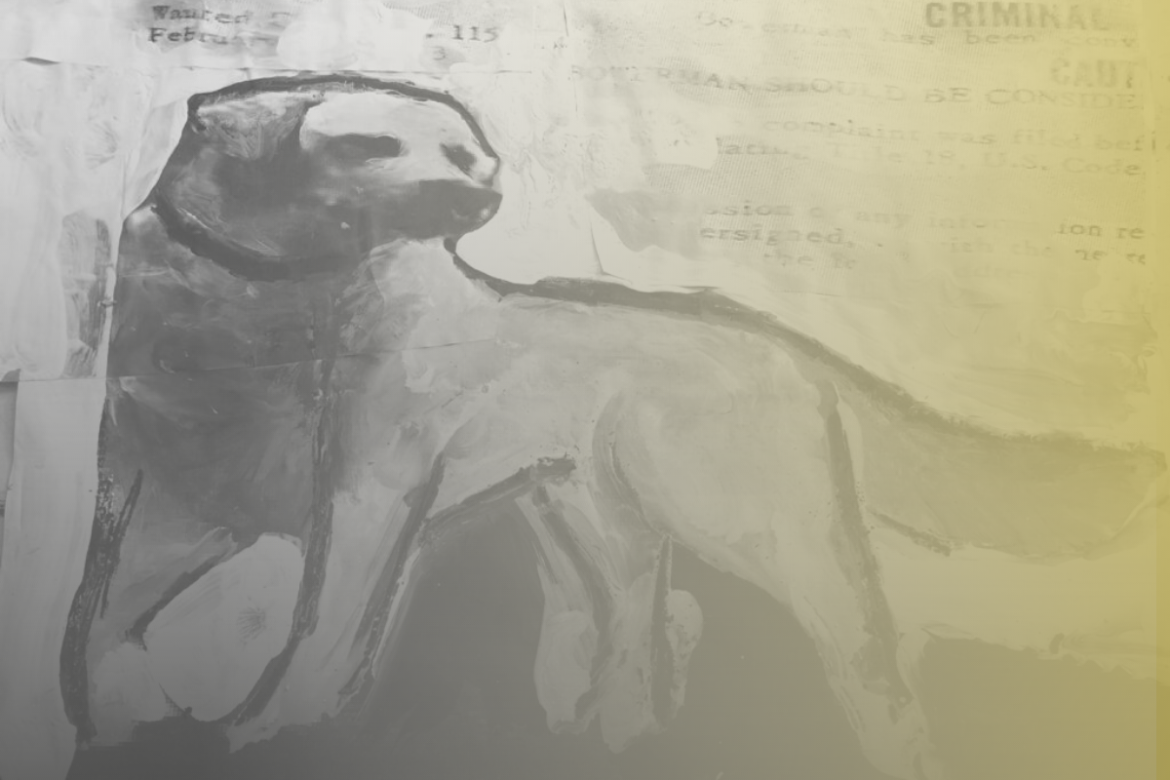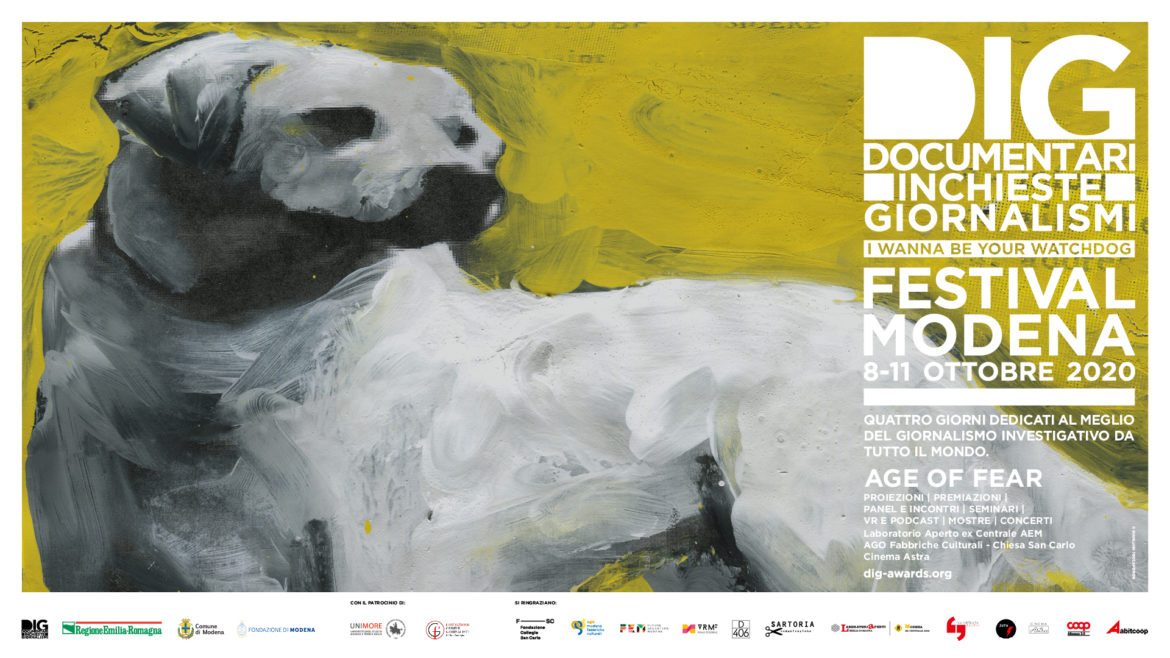 The jury for the DIG Awards — an annual celebration of the world’s best investigative documentaries — has revealed the works that have made it onto their shortlist.
The jury for the DIG Awards — an annual celebration of the world’s best investigative documentaries — has revealed the works that have made it onto their shortlist.
DIG, which stands for Documentari Inchieste Gionalismi (Italian for Documentaries, Investigation, and Journalism), is a nonprofit, GIJN-member organization that supports investigative journalism in Italy and around the world.
The final awards will be given as part of DIG’s annual festival, which takes place this year in the historic city of Modena in northern Italy between October 8 and 11. On the shortlist are films and documentaries about fighters from the Islamic State group in Syria, the bribery of politicians in Namibia, and allegations of money laundering at a bank headquartered in Stockholm.
The theme of the sixth annual awards ceremony is the “Age Of Fear,” organizers said, in a year marked by recession, armed conflicts, migration crises, social injustices, tax scandals, and climate emergencies — as well as the COVID-19 pandemic.
The awards are designed to “reward journalistic excellence and encourage the work of reporters who investigate topics that have social, economic, technological, environmental, and political relevance.”
Among the jury members are Alexander Nanau, a Romanian director and documentary filmmaker; investigative journalist Mariana van Zeller; Margo Smit from Dutch public broadcasting; and GIJN program director Anne Koch.
Here are the finalists:
Category: Investigative Long
On the shortlist this year is Al Jazeera’s “Anatomy of a Bribe,” in which undercover journalists spent three months posing as foreign investors to expose the complex methods used by foreign companies to corrupt politicians in Namibia.
SVT’s “Dirty Banking” tells the story of how Swedbank was used for systematic money laundering, with over €140 billion (about $165 billion) funneled through the organization’s non-resident portfolio in the Baltics.
One of a number of films focusing on the crisis in Syria is “Inside Our Enemies’ Life,” made by Kamal Redouani for France 5, which explores the lives of Western jihadists and their families under the Islamic State group in Syria.
Radio-Canada Television’s production “Lino Saputo’s Lapse of Memory” explores the alleged links between one of Canada’s most prosperous businessmen and organized crime figures.
Rounding up the investigative long-form list is “Diplomats For Sale,” another Al Jazeera production, this time about the trade in diplomatic passports, which allows officials to live tax-free, immune from arrest, and permits them to carry bags through borders without being searched.
Category: Reportage Long
“Foreign Volunteers in the Hell of Raqqa” tells the story of a group of international fighters who decide to fight the Islamic State group in Syria. The journalists follow them as they fight through the streets of this northern city that became a battleground, and then when they go back home to return to their families.
Marc Serena’s entry, “The Writer from a Country Without Bookstores,” follows Juan Tomás Ávila Laurel, the most-translated writer from Equatorial Guinea, who became a refugee in Spain after fleeing the regime of Teodoro Obiang. The film follows his journey in Spain — where his work is largely ignored — and his feeling that as one of the most prominent intellectuals against the regime he has to travel back to his country despite the risks.
“The Green Gold of Africa” looks at the khat leaf, a natural stimulant chewed by Somali men, and tells the story of a Somali activist who virtually on his own brought about the United Kingdom’s banning of the leaf.
Marco di Noia’s “Hong Kong, Ga Yau” contains images of demonstrations and audio interviews to tell the story of the Hong Kong protests and attempts to resist the growing influence of the Chinese Communist Party into citizens’ daily lives.
“Evangelical Churches on the Run for Power” charts the rise of the evangelical church in Switzerland, the United States and Brazil, questioning the links between the church and political power.
Category: Investigative Medium
The documentary “India: The Child Sex Highway” explores a notorious highway in the Indian state of Madhya Pradesh where girls as young as 10 are being forced to work as prostitutes. According to the documentary, the girls’ families often sell them to passing truckers, explaining that discrimination stops them from getting jobs and forces them into this situation.
“Off the Grid: Beaten by the Border” explores what happens to migrants on the Bosnia-Croatia border, which looks peaceful but is described in the film as “Europe’s border of shame.” The entry by TRT World explores how Croatia’s police push migrants back across the border.
Fritz Schumann explores the history of a Japanese island which during World War II was the biggest poison gas factory in Asia. In “Ōkunoshima: Japan’s Poison,” he explains how Ōkunoshima produced an estimated 9,000 tons of chemical weapons between 1929 and 1944.
A documentary by BBC Africa Eye entitled “Sudan’s Livestream Massacre” looks at the events of June 3, 2019, when peaceful protesters were shot with live ammunition on the streets of Khartoum, doctors were attacked in the grounds of their own hospitals, and bodies were dumped in the Nile, some with concrete blocks tied to their feet.
Category: Reportage Medium
Filippo Ortona’s documentary “Hong Kong: If We Burn, You’ll Burn With Us” examines the 2019 revolt on the streets of Hong Kong against the political order imposed by Beijing.
In “Yemen: An Odyssey” filmmakers from Arte travel to the mountains of Galafi, on the border of Djibouti, where illegal migrants and refugees from the Oromo ethic group in Ethiopia are trying to make it to Saudi Arabia in search of jobs.
Sophie Nivelle-Cardinale’s film “Iraq: Ghosts of Mosul” is also shortlisted. The documentary looks at the widows and children of Islamic State members who are now unwanted in the former IS stronghold city of Mosul. Without official papers, they cannot move freely through the city and fear for the future.
In “The Bush School,” Emanuela Zuccalà explores the practice of female genital mutilation (FGM), which is legal in Liberia, and the “bush schools” where girls spend from a few months to up to three years learning respect for the elderly, their duties as future wives and mothers, and where FGM is practiced as an initiation into a secret society of women.
Category: Short
In Univision’s “Extreme Violence is Driving Salvadoran Girls to Kill Themselves,” Almudena Toral investigates the country with the highest rate of femicides and a place where many young girls commit suicide without notice. Her documentary reveals how the age of the victims is getting lower.
Benjamin Strick’s film “Turkey’s Ghost Ships” for BBC Africa Eye was shortlisted for its exploration of what happened to a ship called the Bana, which set sail from Turkey but disappeared from the radar four days later.
SVT’s “Blacklisted,” by Marja Grill and Carolina Jemsby, looks behind Sweden’s public image as one of the world’s most transparent and least corrupt countries. The film finds that a huge number of state agencies have done deals with banned and illegal companies guilty of taking bribes in developing countries.
“Yemen Unveiled” by Matteo Bastianelli examines the conflict in Yemen by creating “a mosaic of stories from the forgotten war” in a country where 22 million people are in need of humanitarian assistance, trapped in a life of violence and disease.
Category: Audio
For the first time this year an award will also be granted for the best investigative podcast. “A Tutti i Costi” by Chiara D’Ambros is a series of five episodes about work and health, about invisible matter and polluted waters, contaminated land, and compromised lives in Veneto in Italy.
Also shortlisted from Stitcher Witness Docs is the 10-episode immersive true crime series “Verified,” which examines what happens when a group of fearless women band together to bring a policeman turned sexual predator to justice. [Editor’s note: Verified was also included in GIJN’s Top Investigative Podcasts 2020.]
“Oltre La Morte – Un Delitto Tra Mafia e Stato” tells the story of a police officer Antonino Agostino, known as Nino, and his wife, Ida Castelluccio, who are murdered by two hit men in 1989. An investigation reveals that the murder was carried out by the Mafia and the state apparatus.
The final contender is “Non Sprecare” by Daniele Oliveri for RAI Radio 3. This audio submission asks why one-third of produced food ends up in the garbage and asks what we can do to reduce waste.
Category: Pitch
The last category is the DIG Pitch competition: 10 shortlisted teams will be given the chance to share their documentary idea during the festival. Shortlisted filmmakers include Adriana Cardoso, who is investigating housing in Spain, a team that wants to explore a rogue stem cell bank based in Switzerland, and Joana Moncau, who wants to develop a documentary about two women — a tribal leader and a lawyer — who are fighting to stop development projects in the Brazilian Amazon.
Update: Click here to see a full list of the winners and details about the categories. Here’s a quick look:
| Category | Winner |
|---|---|
| Best investigative long | "Dirty Banking" |
| Best investigative medium | “Sudan’s Livestream Massacre” |
| Best reportage long | “Foreign Volunteers in the Hell of Raqqa” |
| Best reportage medium | “Yemen: An Odyssey” |
| Best short | “Turkey’s Ghost Ships” |
| Best audio | “Verified” |
| Best DIG pitch | “Searching for Lost Cells” |
| DIG watchdog award | Isaia Invernizzi |
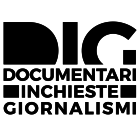 DIG is an Italian network supporting and training investigative reporters. Established in 2015 and capitalizing on the 20 years of experience of the Ilaria Alpi Association, it runs the annual international DIG Awards for investigative video journalism in Italy. DIG is a GIJN member.
DIG is an Italian network supporting and training investigative reporters. Established in 2015 and capitalizing on the 20 years of experience of the Ilaria Alpi Association, it runs the annual international DIG Awards for investigative video journalism in Italy. DIG is a GIJN member.
